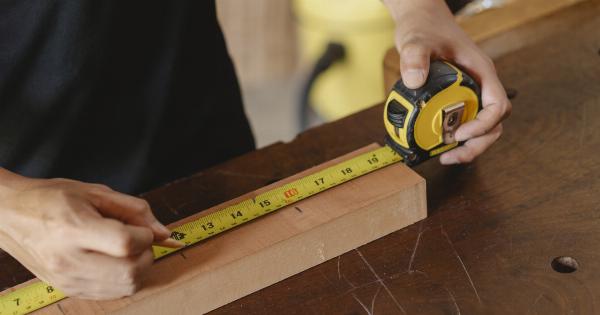Sexual duration is an important aspect of sexual intimacy, and understanding the science behind it can lead to a more fulfilling sex life.
In this article, we will explore the factors that influence sexual duration, myths surrounding the topic, and ways to increase or decrease the length of sexual encounters.
Factors Influencing Sexual Duration
Age
Age has a significant influence on sexual duration, as younger individuals tend to last longer compared to older individuals.
This is due to various factors such as declining hormone levels, age-related health conditions, and medication use, among others.
Stress and Anxiety
Stress and anxiety can negatively impact sexual performance, leading to premature ejaculation or difficulty achieving an erection. Relaxation techniques such as meditation, deep breathing, or yoga can help manage stress and improve sexual duration.
Health Conditions
Physical health conditions such as diabetes, heart disease, and high blood pressure can affect sexual function, leading to shorter sexual encounters. Psychological conditions such as depression or anxiety can also impact sexual duration.
Medication Use
Medications such as antidepressants, blood pressure drugs, and opioids can cause sexual dysfunction, including premature ejaculation and erectile dysfunction, which can affect sexual duration.
Sexual Experience and Techniques
Individuals with more sexual experience and knowledge of techniques to prolong sexual encounters tend to last longer compared to those without this experience.
Myths About Sexual Duration
Penis Size Affects Sexual Duration
Penis size does not correlate with sexual duration. However, individuals with larger penises may experience difficulty achieving or maintaining an erection due to increased blood flow required to sustain an erection.
Women Take Longer to Reach Orgasm
Sexual duration is not solely focused on the time required for a woman to achieve orgasm. Women can reach orgasm through clitoral stimulation or other methods, not just during penetrative sex.
Additionally, the focus should be on mutual pleasure and not necessarily the time spent engaging in sexual activity.
Longer Sexual Duration is Better
The optimal sexual duration varies from individual to individual and depends on personal preferences and physical abilities. It is essential to communicate with a partner and respect each other’s desires and boundaries.
Increasing or Decreasing Sexual Duration
Foreplay
Foreplay can help increase sexual duration by increasing arousal levels and allowing individuals to build up to orgasm slowly. Techniques such as oral sex, kissing, or touching can increase pleasure and intensity during sexual encounters.
Communication
Effective communication with a partner can help increase or decrease sexual duration. Couples should be open and honest about their desires and boundaries to ensure mutual pleasure and avoid discomfort during sexual encounters.
Medication
Medications such as antidepressants or anesthetics can be prescribed to help increase sexual duration or delay ejaculation. However, medication should only be taken under the guidance of a healthcare professional.
Decreasing Sexual Duration
If premature ejaculation is an issue, techniques such as the stop-start method or the squeeze method can help decrease sexual duration.
These methods involve stopping sexual activity before reaching orgasm and applying pressure to the penis to reduce arousal levels.
Conclusion
Sexual duration is a complex topic influenced by various factors such as age, stress, health conditions, and sexual experience. Myths surrounding the topic can lead to unrealistic expectations and pressure on individuals.
Effective communication, foreplay, and relaxation techniques can help increase sexual duration, while medication and specific techniques can decrease sexual duration.































